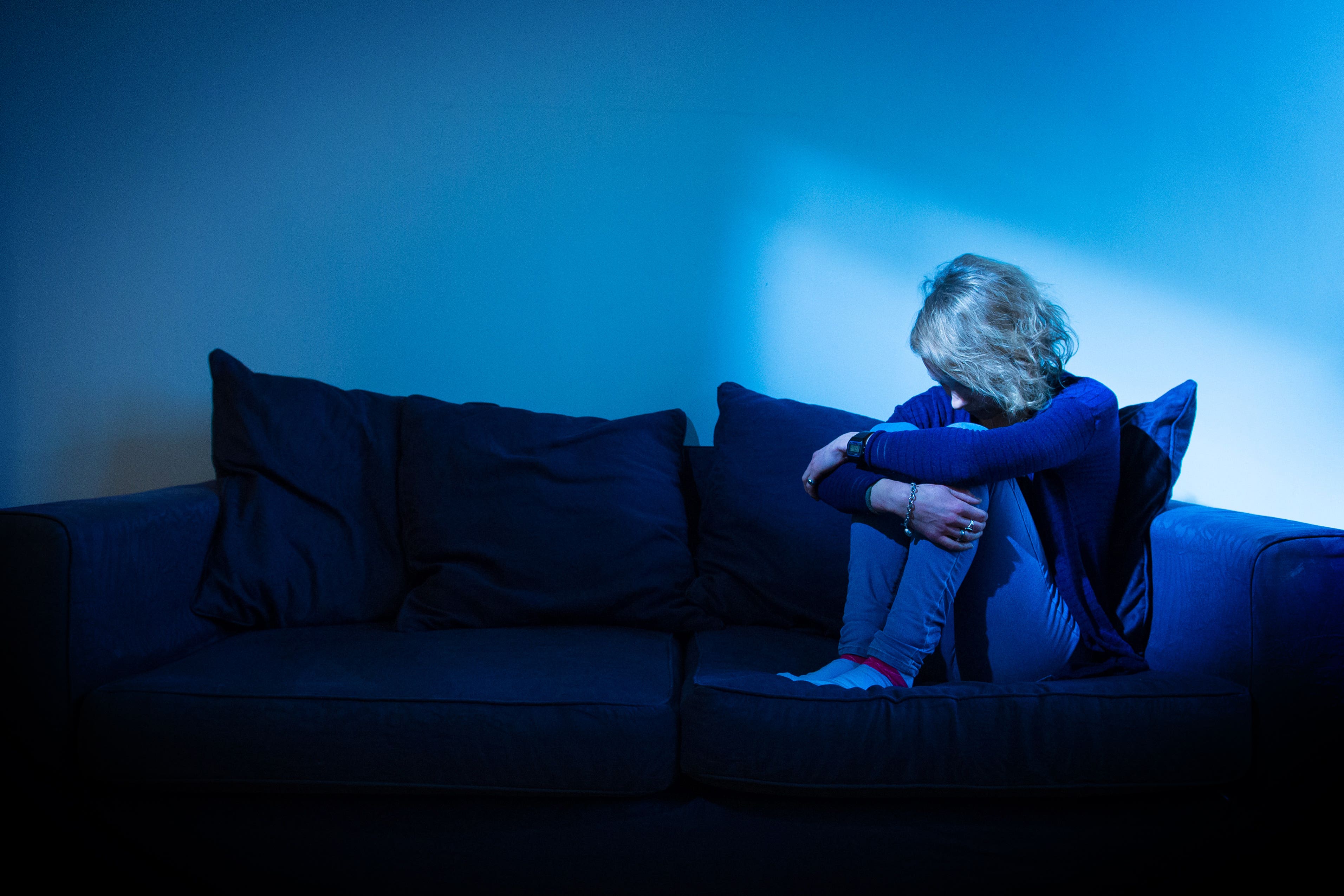Your support helps us to tell the story
From reproductive rights to climate change to Big Tech, The Independent is on the ground when the story is developing. Whether it's investigating the financials of Elon Musk's pro-Trump PAC or producing our latest documentary, 'The A Word', which shines a light on the American women fighting for reproductive rights, we know how important it is to parse out the facts from the messaging.
At such a critical moment in US history, we need reporters on the ground. Your donation allows us to keep sending journalists to speak to both sides of the story.
The Independent is trusted by Americans across the entire political spectrum. And unlike many other quality news outlets, we choose not to lock Americans out of our reporting and analysis with paywalls. We believe quality journalism should be available to everyone, paid for by those who can afford it.
Your support makes all the difference.Almost a third of people in England and Wales said their mental health has been affected by soaring mortgage costs in the past year, according to new research.
For people with existing mental health problems, nearly four in 10 said the rising costs had worsened their mental health.
Mind, the UK’s biggest mental health charity, also said it had seen a 55 per cent increase in the number of people contacting its Infoline over the last 18 months about financial difficulties, including welfare, unemployment and personal debt.
The charity’s survey of 3,015 respondents across England and Wales in March and April came before Thursday’s news that the Bank of England had raised interest rates to 5.25 per cent from 5 per cent.
The hike, which is yet another bid to get inflation under control, will put more pressure on mortgage holders.
Mind’s survey – carried out by Censuswide – suggested that 29 per cent of people had been affected by hearing about or experiencing increasing mortgage costs over the last year.
Ten per cent said that it had affected their mental health a lot, the charity added.
For people with existing mental health problems, some 36% said the increasing mortgage costs had made their mental health worse.
The charity said younger people were particularly affected, with almost half (48%) of those aged between 16 and 24 saying that the mortgage situation had impacted on their mental health.

Vicki Nash, Mind’s associate director of external affairs, said financial difficulties and mental health problems “often form a vicious cycle”.
She said: “As we continue to grapple with the rising cost of living, news of yet another possible increase in mortgage rates will be difficult for many families to bear.
“Money problems and mental health often form a vicious cycle, and when we’re struggling to deal with one, the other can become much harder to manage, particularly when it threatens to impact our housing situation.
“We know some people are becoming so unwell that they need hospital treatment for their mental health.
“When this happens the care they receive when they leave hospital is critical so we are calling for the introduction of comprehensive welfare checks, including of people’s financial situation.
“These figures show this is a mental health emergency that everyone is going to need help to deal with. We know we can’t fix the cost-of-living crisis but support for your mental health is out there, and we are here for you.
“This includes through Mind’s Infoline, online community, Side by Side and the useful information on our website that will be available throughout this difficult period.”
Mind has a confidential information and support line which can be called on 0300 123 3393 between 9am and 6pm from Monday to Friday, or people can visit mind.org.uk.



